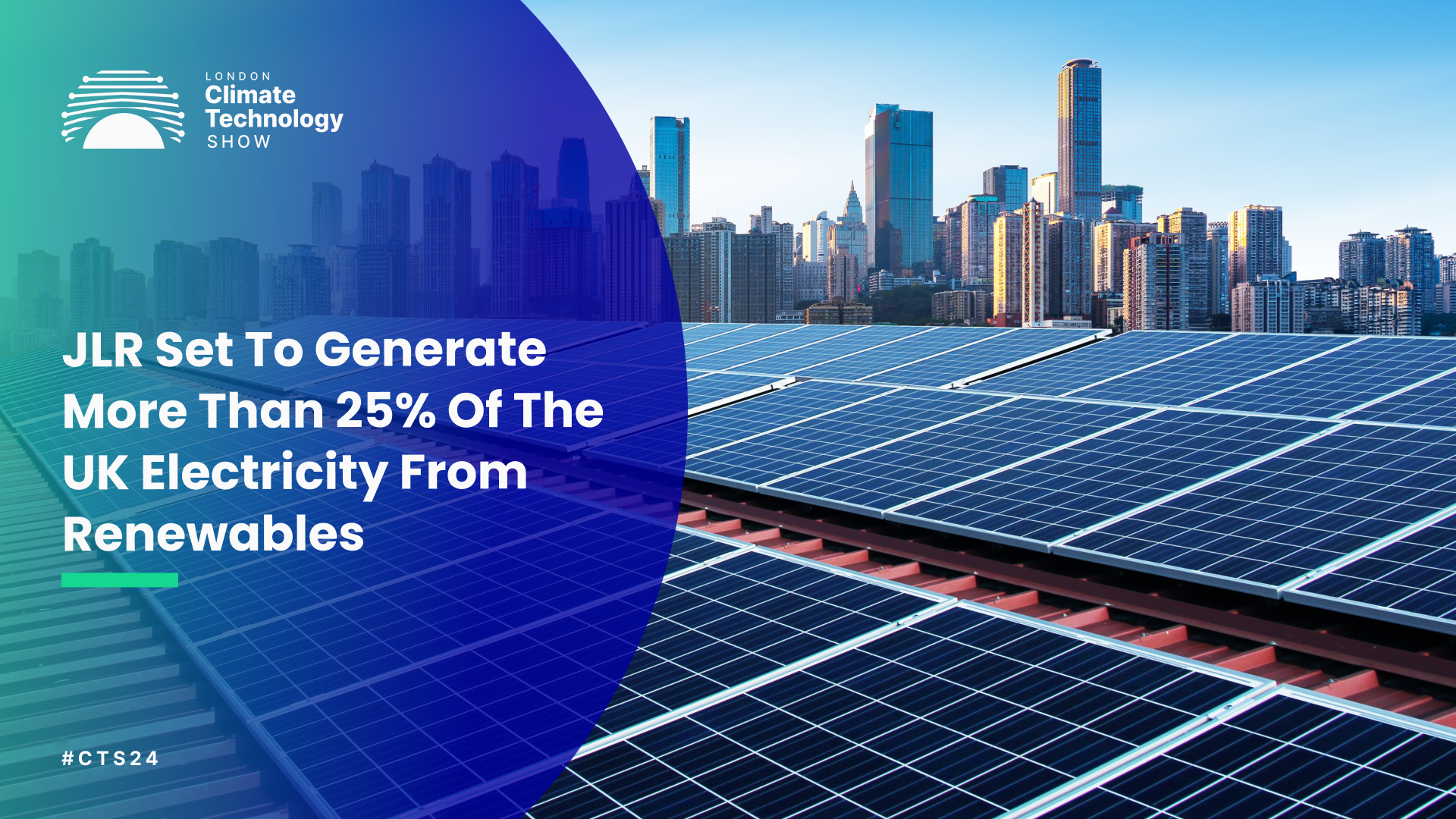March 2024: JLR (Jaguar Land Rover Automotive PLC) unveiled plans to derive over a quarter of its UK electricity from new onsite and nearby renewable energy projects, aiming to cut energy bills and decrease reliance on grid power. These initiatives are integral to its global renewable strategy, which targets a self-generated energy increase to 36.4% of global consumption by 2030.
JLR's off-grid energy projects seek to generate nearly 120 Megawatts (MW) at peak capacity, sufficient to power around 44,500 homes or charge 2.7 million I-PACE batteries annually. Key to these plans is the deployment of various solar technologies tailored to each of JLR's global sites, initially focusing on UK manufacturing and non-production sites like Halewood, Electric Propulsion Manufacturing Centre (EPMC) in Wolverhampton, and Gaydon headquarters.
A combination of rooftop and ground-mounted panels, along with solar carports, will increase self-generated solar energy capacity by 16%, while maintaining grid connections for supply security. Work is underway to deliver these projects, with the first three scheduled for completion by 2026. Planning permission is granted for an 18.2MW ground-mounted solar array at Gaydon headquarters, aiming to meet around 40% of its energy needs. At EPMC, self-generated solar capacity will surge by 145%, covering 37% of the site's consumption.
In an official press release by the company, Francois Dossa, JLR Strategy & Sustainability Executive Director stated, “JLR is committed to managing its net zero energy transition against the challenging backdrop of volatile energy prices. We are working hard as a business to improve our energy efficiency across our entire global operations. These new projects will diversify our energy portfolio, to reduce our reliance on Grid electricity and help us to reduce our energy bills. The steps we are taking further support our ambitious goal of achieving net zero emissions by 2039, and to hit our mid-term science-based targets along the way.”
Energy efficiency projects have already reduced emissions by 26% in 2023, with further initiatives, including a global smart energy metering system and continued procurement of renewable-backed electricity, set to cut carbon emissions across operations by 46% by 2030. By harnessing renewable sources, JLR not only reduces its carbon footprint but also sets a compelling example for other companies to follow in embracing clean energy solutions.


